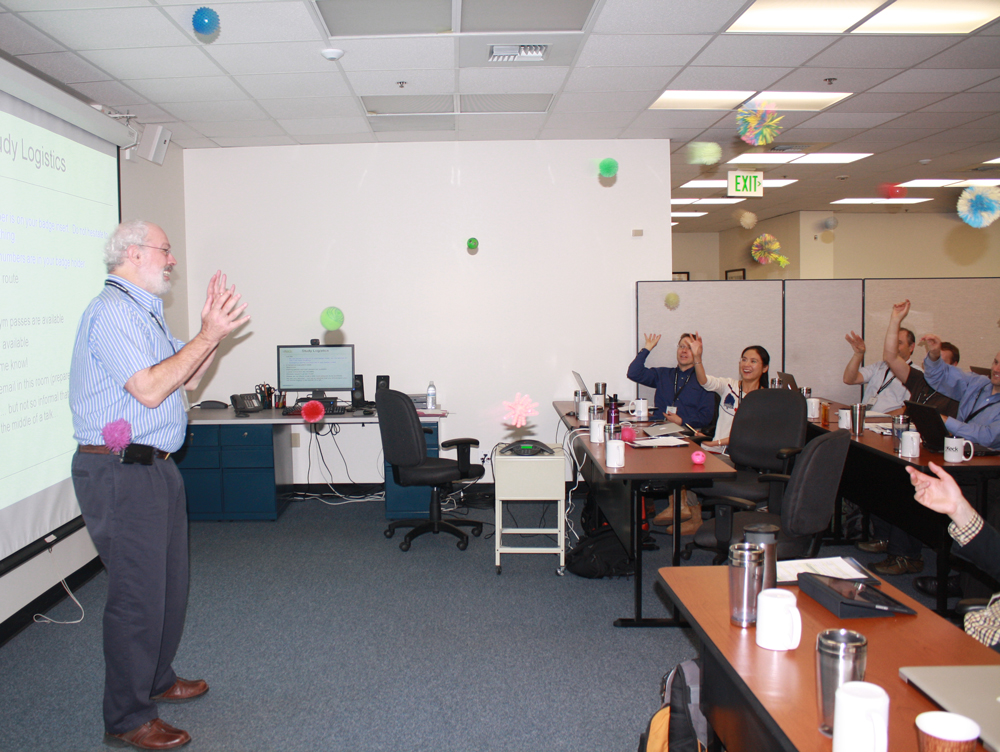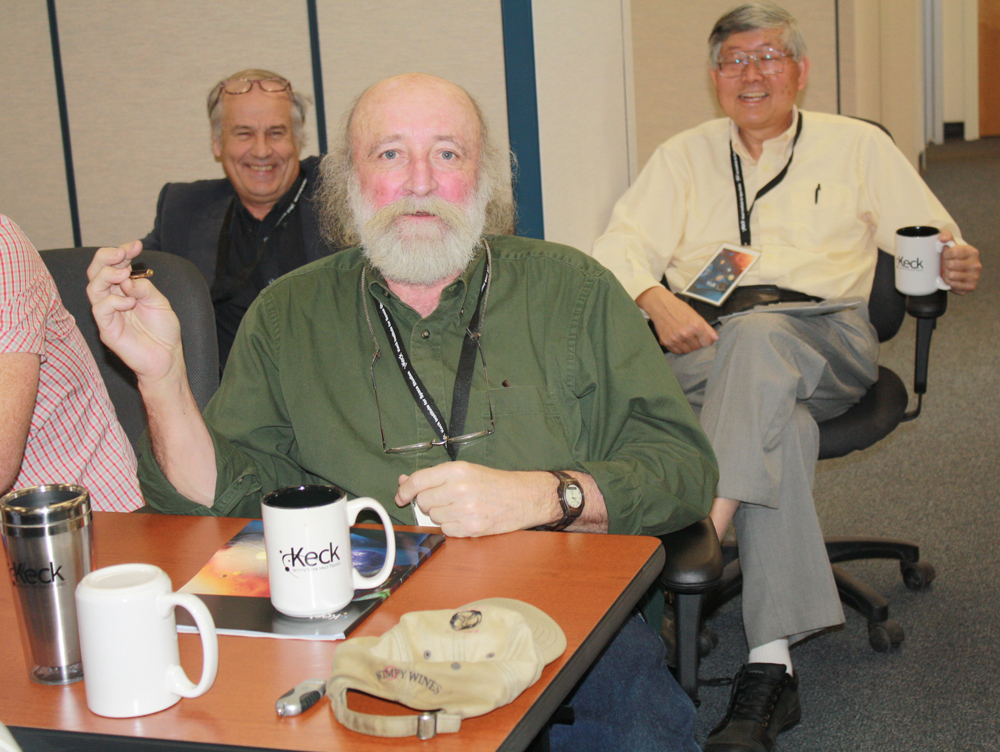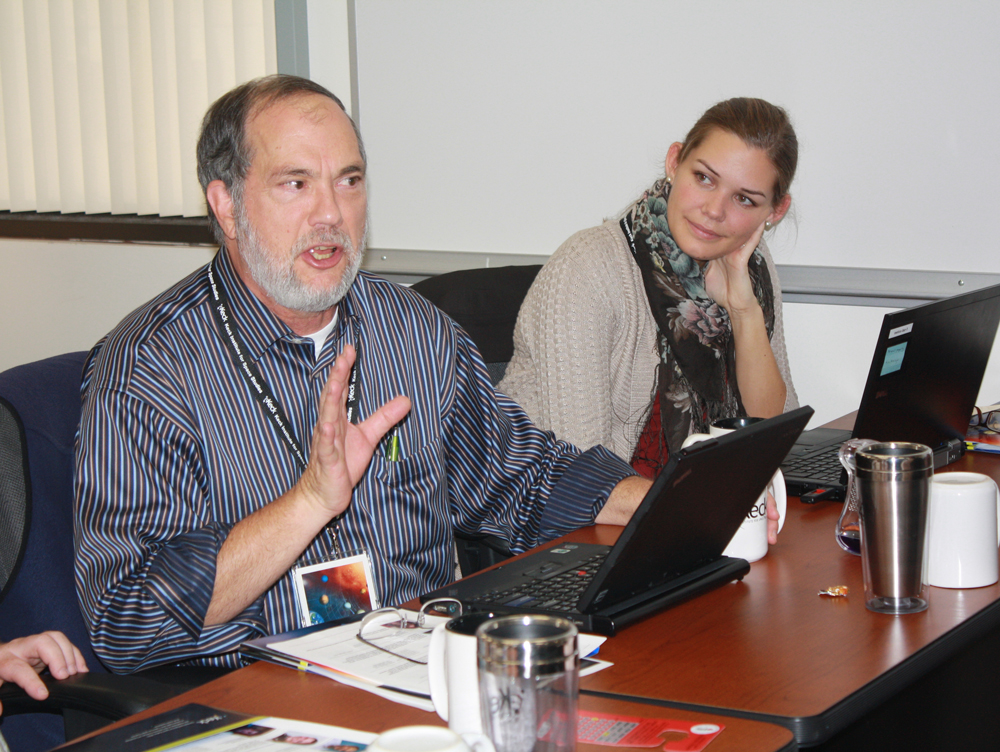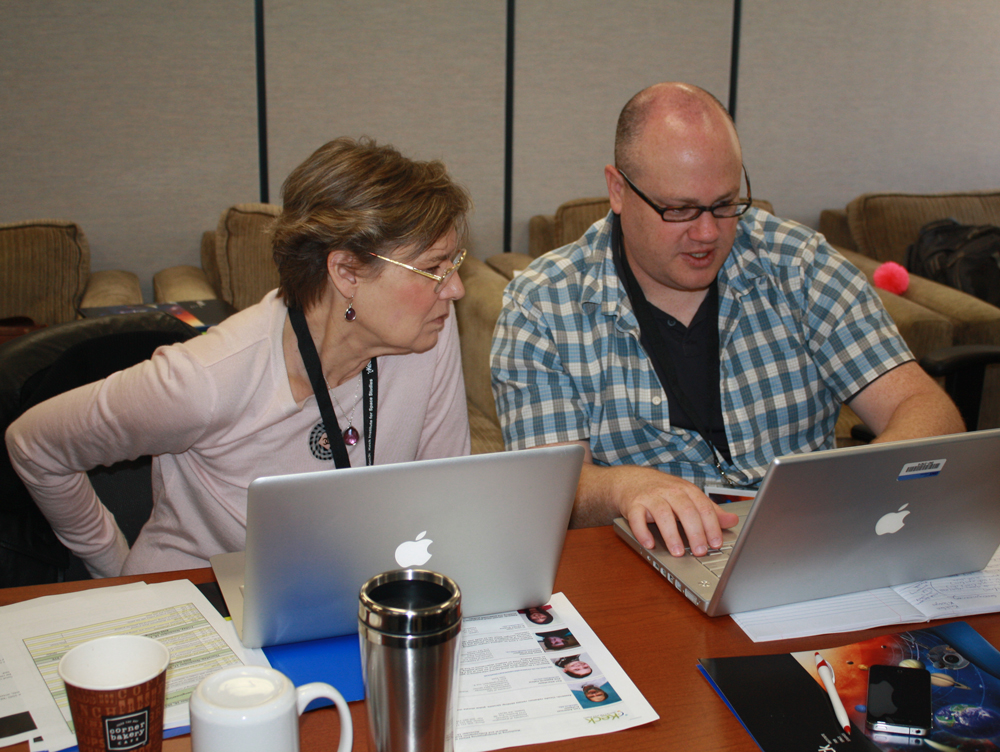Workshop Overview:
Climate change is happening and its full consequences are not fully understood. A prevailing view contends that any warming above about 2 Celsius degrees from preindustrial times will be dangerous, producing serious negative consequences for humans and natural systems. Although the safest and most obvious method of moderating against such climate change is to take early and effective action to reduce emissions of greenhouse gases, there is no evidence that the necessary reductions required to avoid reaching the potentially dangerous climate change will be achieved in the near or medium term future.
A number of climate intervention concepts, referred to as “geoengineering,” are being considered as an alternative approach to managing climate change. However, before we go down the path of deliberate climate intervention, it is essential that we take the necessary steps to validate our understanding that underpins any of the proposed intervention concepts in order to understand all likely consequences and put in place the necessary strategies for monitoring the expected and unintended consequences of such intervention.
The proposed KISS study is not about advocacy of geoengineering nor about designing monitoring systems for promoting geoengineering experiments. Rather the study is more a precautionary study with the following goals:
- enumeration of where major gaps in our understanding exist in solar radiation management (SRM) approaches,
- identification of the research that would be required to improve understanding of such impacts including modeling and observation of natural and anthropogenic analogues to geoengineering, and
- a preliminary assessment of where gaps exist in monitoring systems of relevance to SRMs and what is needed to fill such gaps.
This study focuses primarily on examination of concepts based on managing solar radiation into the climate systems. The primary reason for this focus is because:
- there exist a number of analogues to the SRMs that currently operate on Earth that provide a unique opportunity to assess our understanding of the response of the climate system to associated changes in solar radiation, and
- the processes related to these analogues are also fundamental to understanding climate change itself being of central relevance to how climate is forced by aerosol and respond through clouds, among other influences.

















